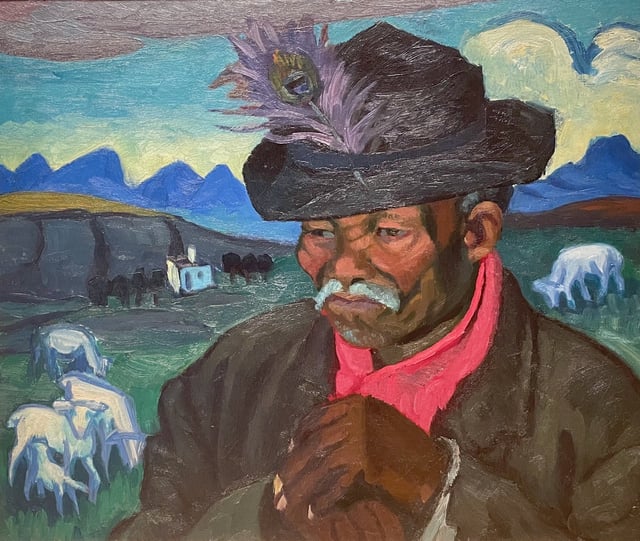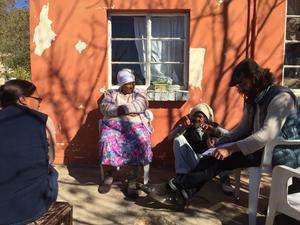Overview
- Published September 23 in The American Journal of Human Genetics, the study surveyed individuals from Cape Town through the Western and Northern Cape, including Nama and ≠Khomani San communities, with over 90% identifying as “Colored.”
- Ancestry linked to colonial Europeans and to people enslaved via the Indian Ocean trade is most frequent in Cape Town and declines with distance from the colonial center.
- Sex-biased admixture is pronounced, with European ancestry showing a male bias on the Y versus X chromosomes, while Khoe-San ancestry shows a female bias.
- For the Nama and ≠Khomani San, genomic dating points to a single influx of European ancestry roughly seven to eight generations ago, or about 210–240 years.
- The team reports Asian-lineage segments on 15% of Nama Y chromosomes and outlines plans for fine-scale tracing of enslaved origins and specific Y lineages.

